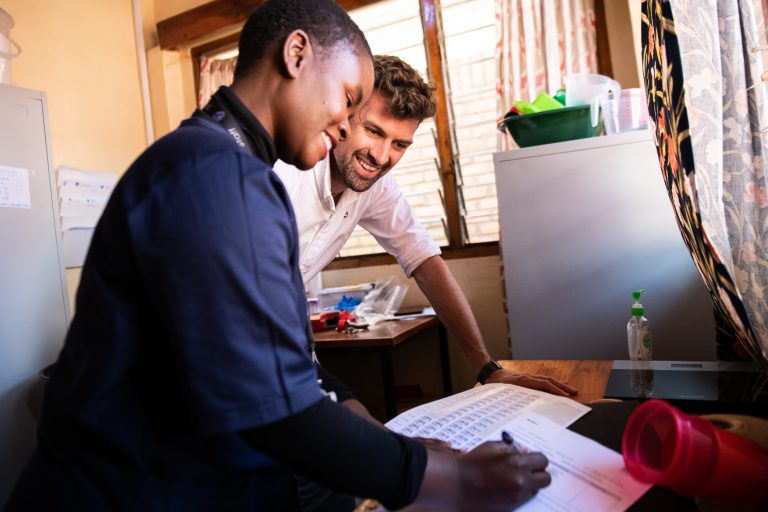The World Health Organisation defines medical research—also known as clinical research—as a type of inquiry that studies new tests and treatments and evaluates their effects on human health outcomes.
The impact of research in shaping practices in various fields such as politics, warfare, education, the economy, and health are there for all to see. This is my turn to share the impact of medical research on Malawi.
In the 18th century, James Lind became globally recognised as the pioneer of clinical trials. Lind treated sailors aboard his ship who exhibited symptoms of scurvy, and his study concluded that citrus fruits were effective in curing the disease.
The practice of probing diseases and their treatments with scientifically accurate procedures has found its way to Malawi. Though they are conducted in a country with a struggling health system, we can take pride in the fact that some clinical trials conducted in Malawi have had an impact on local and global policies.
This suggests that the research being conducted here are of high quality and that we have the skills and knowledge to carry out world-class research. The Malawi Liverpool Wellcome Research Programme (MLW), Malaria Alert centre, John Hopkins and Water Sanitation, Hygiene and Appropriate Technology Development (WASHTED) for Malawi University of Business and Applied Sciences (MUBAS), just to mention a few, are doing commendable work in health research to address local health challenges. Although they study human or disease causing organisms behaviours or test the efficacy of antibiotics, vaccines and other remedies developed in the global north, the results have been beneficial to Malawi.
Since its establishment in 1990s, researchers at Wellcome Research Programme in Malawi have among others, devoted their time to understanding different characteristics of diarrhoeal diseases that under-fives struggle with. The scientists discovered that the rotavirus is a common cause of diarrhoea in children who are teething because they pick and bite on fingers or objects that are not clean. This busts the myth that teething causes diarrhoea in babies. This discovery led to the nationwide introduction of the rotavirus vaccine in under-fives.
Additionally, the research that MLW conducted to assess the acceptability and demand for HIV self-testing kits in Malawi also influenced the adoption of the personal-centred HIV testing kits in Kenya and Zimbabwe.
Similarly, the WASHTED, led the Drivers of Resistance in Uganda and Malawi (DRUM) study that identified factors that necessitate the losing power of antibiotics (AMR). This study contributed to the formation and review of the AMR framework for Malawi and Malawi national action plan on AMR which are vital in containing the progress and impact of AMR, a rising global and national public health concern.
John Hopkins research centre in Malawi has been studying HIV and STDs since its introduction in 1988. The unit has been assessing the incidences, risk factors of HIV and rates of HIV Mother to Child transmission. The observations from such studies informed the beginning of clinical trials with current efforts adjusted towards testing HIV vaccines. Likely, the results will help better manage the HIV epidemic in the country.
The progress made in medical research highlights the importance of increasing investment in this area. While many trials are funded by international donors, I believe that a country like Malawi, committed to realising the Africa 2063 development goals as echoed in Malawi2063, should allocate funds from its public purse to this noble cause. Our medical research have been heavily funded by international entities, which sometimes lead to pursuit of research agendas that do not directly address our local challenges. According to Marxist theory, those with economic power shape the direction of any endeavour. For example, the pulling out of USAID should serve as a wake-up call to Malawi government.
We need to invest in addressing challenges related to our health infrastructure, processes, and service delivery. We cannot rely solely on international donors for medical research funding.
As I finish, I am appealing to the government to invest more in medical research which has even greater potential to replace tobacco as a biggest forex earner for our struggling economy.
